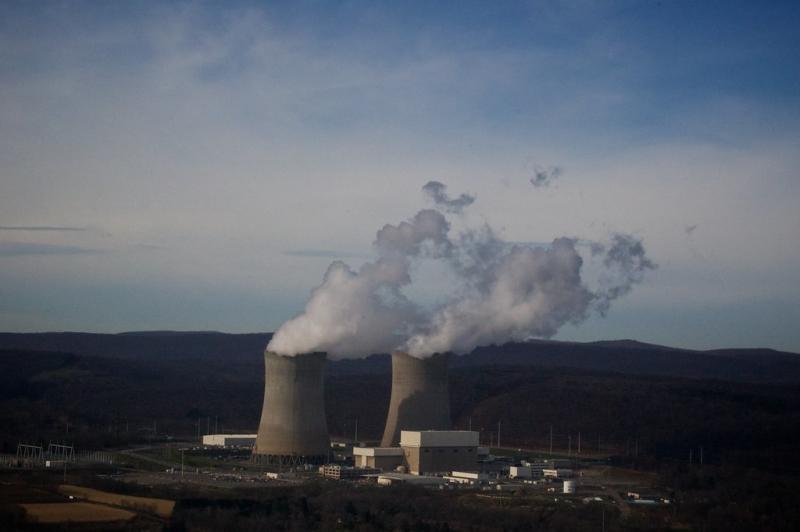
Pennsylvania is currently home to one of the strongest energy markets in America, yet the state legislature has been considering legislation which would jeopardize the state’s future ability to stay competitive in the energy sector.
Luckily, plans to prop up two of Pennsylvania’s five nuclear plants with taxpayer dollars, have fallen on the back-burner.
The plan would update the Alternative Energy Portfolio to allow carbon-free energy producers, including nuclear plants, to gain access to more tax credits in order to further subsidize them. The state would add a category of zero-emission power reserved largely for nuclear producers to supply 50 percent of the state’s electricity demand. This intricate bailout request comes after nuclear plants were already subsidized to the tune of almost $10 million from taxpayers to cover “stranded costs”.
It’s good the bill has sputtered, the bad news is the push is likely to be renewed in the fall, perhaps with different legislation. However, following Exelon’s announcement that Three Mile Island will close, pressure could be amped up to do something to save it.
Three Mile Island was the only plant out of five in the state that is not profitable, and the other four are projected to make more than $600 million in profit this year. Arguing for a bailout without Three Mile Island will be tougher going forward.
Though bill sponsors pegged the cost at $500 million, an independent analysis found that the plan will cost around $900 million a year. There is no end date, meaning ratepayers will pay more on their energy bills indefinitely, and the burden may increase over time.
Lawmakers will be putting other energy companies at a disadvantage. The state’s natural gas industry and energy analysts say the bill will undermine the state’s competitive electricity market. The Industrial Energy Consumers of Pennsylvania and American Coalition for Clean Coal Electricity say that the bailout would force them to cut jobs.
The plan would be merely putting a band-aid on the larger issue. Public Utility Commissioner Andrew Place sent a memo to members of the state Senate stating that the proposal does more harm than good, stating:
“While human health and environmental quality; job creation and retention; and maintaining a robust tax, base are all cornerstone public policy goals, this bill, in its current form, is far from the least cost mechanism to achieve these goals.”
Other states that have enacted similar schemes are already facing legal challenges over taxpayers dealing with higher electricity prices, and these policies have added billions of dollars in costs for consumers.
Pennsylvania legislators should let this sleeping dog lie.

